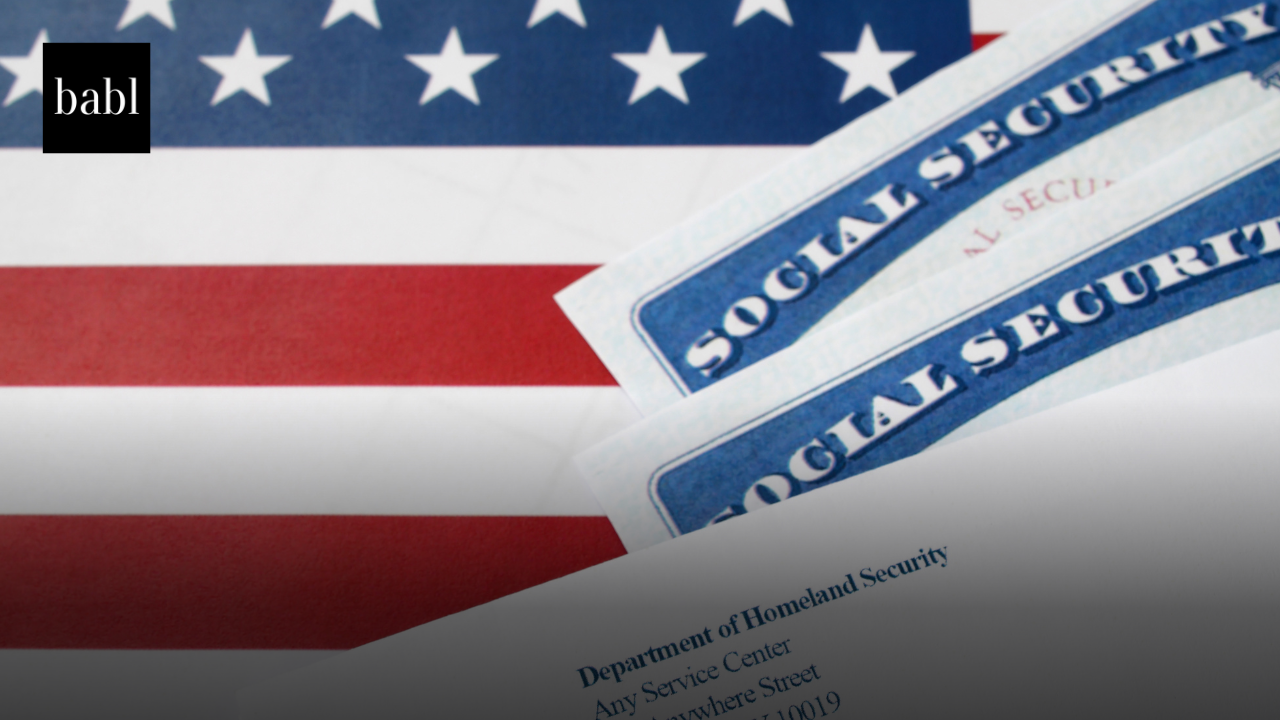The U.S. Department of Homeland Security (DHS) has published the “DHS Playbook for Public Sector Generative Artificial Intelligence Deployment,” providing a comprehensive framework for integrating generative artificial intelligence (GenAI) into public sector operations. It was announced in January 2025. Specifically, it highlights the potential of GenAI while looking at responsible, transparent, and mission-aligned deployment.
Initiatives to Assist with Government Operations
DHS’s initiative began with three GenAI pilot programs in 2024, aimed at shining a light on how AI can enhance government operations:
- Enhanced Investigations: Homeland Security Investigations used a large language model to improve the efficiency of report analysis, aiding efforts to detect criminal networks and identify victims of exploitation.
- Disaster Planning Support: The Federal Emergency Management Agency tested AI tools to help local governments streamline hazard mitigation plans, improving disaster preparedness and grant application success.
- Immigration Officer Training: The U.S. Citizenship and Immigration Services employed AI to create personalized training programs for asylum and refugee officers, enhancing comprehension and decision-making.
These pilots demonstrated the value of GenAI in automating routine tasks, improving accuracy, and reducing inefficiencies. At the same time, they ensured human oversight remains integral.
DHS Playbook Actions
The DHS Playbook outlines actionable steps for public sector entities considering GenAI deployment:
- Mission Alignment: Projects should focus on enhancing existing operations rather than replacing human roles, with clear metrics for success.
- Coalition Building: Establishing governance structures with cross-departmental representation ensures inclusivity and adherence to privacy and civil liberties standards.
- Tools and Infrastructure: Agencies are encouraged to assess existing resources and choose appropriate AI tools, whether commercial, open-source, or open-weight models.
- Trust and Responsibility: A robust framework for responsible AI use is central, addressing risks like bias, privacy violations, and misinformation. GenAI outputs are subjected to human review to deal with potential harms.
- Measurement and Monitoring: Progress tracking and iterative feedback mechanisms ensure GenAI applications align with operational goals and public trust.
- Training and Recruitment: Investing in technical training and luring skilled professionals are crucial for sustainable GenAI adoption.
Concurrently, the playbook underscores DHS’s commitment to transparency, requiring employees to undergo training before using GenAI tools and disclosing non-sensitive AI applications through an AI Use Case Inventory. Collaboration with oversight bodies, including the newly created AI Safety and Security Board, further enhances governance.
DHS Secretary Alejandro Mayorkas and Chief AI Officer Eric Hysen emphasized the importance of responsible innovation. “GenAI is a powerful tool, but its integration must respect privacy, civil liberties, and the rule of law,” stated Mayorkas. Also, it serves as a guide for other federal agencies and public sector organizations. It ensures AI is harnessed ethically and effectively.
Need Help?
If you have questions or concerns about any U.S. or global AI laws, reports, guidelines, and regulations, don’t hesitate to reach out to BABL AI. Hence, their Audit Experts can offer valuable insight, and ensure you’re informed and compliant.





